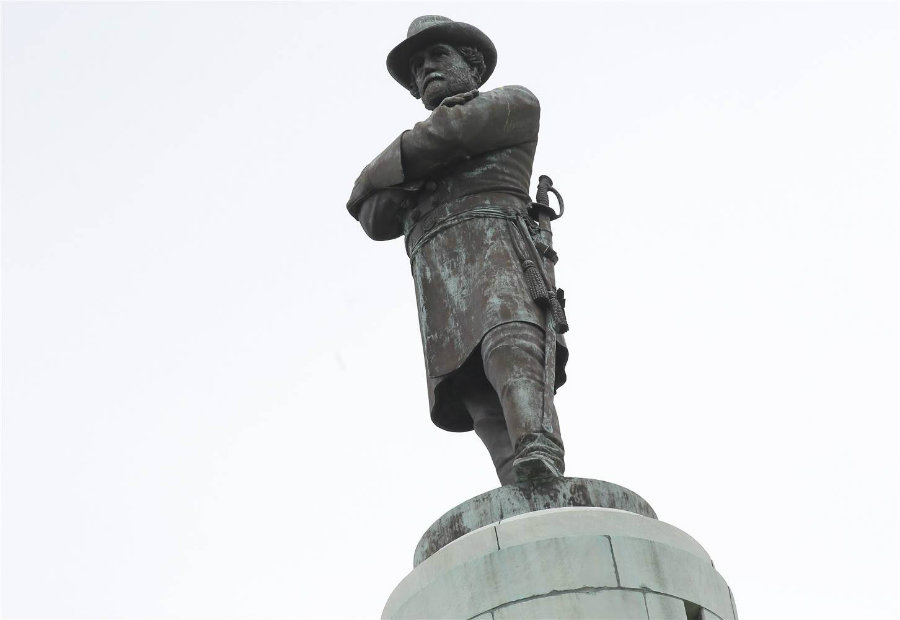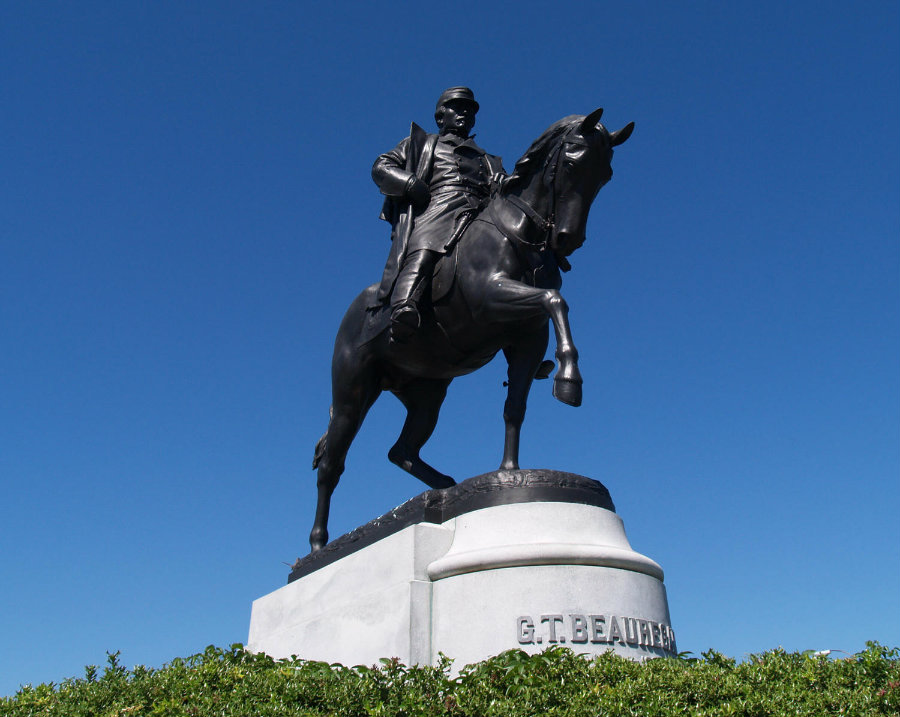After a tension-full series of public meetings in New Orleans, a federal court from the state allowed the removal of three polemic Confederate-era monuments. This Monday, a three-judge panel voted against the upheld of a lower court proposal that wanted to block the removal.
New Orleans citizens already had voted for the removal of 4 monuments in December of 2015, as one of them is currently undergoing a litigation process to determine its possible removal.

“We do not pass on the wisdom of this local legislature’s policy determination, nor do we suggest how states and their respective political subdivisions should or should not memorialize, preserve, and acknowledge their distinct histories,” the ruling officialized this Monday said. “Wise or unwise, the ultimate determination made here, by all accounts, followed a robust democratic process.”
One of the arguments used by the group of locals that were against the removal of the monuments consisted on the private ownership of the pieces of history. However, the body of judges stated that the history register showed how the monuments were part of the city’s jurisdiction. Therefore, a private ownership argument is “uncertain” and invalid.
Which are the monuments and why they have to be removed?
The three monuments that public authorities are going to take down are all statues of representatives of the secessionist movement that existed from 1861 to 1865 in the Southern states of the country.
These statues include representation figures of persons like Confederate Gen. Robert E. Lee, Gen. P.G.T. Beauregard and Confederate States of America President Jefferson Davis. The last monument that is going through a distinct litigation process honors white people who rebelled against a Reconstruction government.
The Mayor of New Orleans, Democrat Mitch Landrieu, said this Monday that the city will take down the before-mentioned monuments and preserve them until federal authorities designate an appropriate location to display the objects.

According to Landrieu, the removal of the Confederate-era monuments is “urgent.” He explained how after a white supremacist had posted online pictures of him with a Confederate flag, he killed nine parishioners in an African-American Congregation in South Carolina two years ago.
However, the taking down of the statues has not been widely accepted by everybody, as there are several groups of people that disagree with the court’s ruling. New Orleans along with other states have a very important amount of citizens that express heated passions regarding Civil War’s conflicts.
Some of these groups argue that the monuments are part of the city’s and country’s history, and they explain that public authorities should protect them. However, the majority of the state locals recognize that these are offensive artifacts that only honor the region’s slave-owning past.
The tension is so that one of the contractors who was hired for the removal of the monuments left the job after alleging to have received several death threats. Landrieu point of view is that this should serve as a “win that will allow us to begin to turn a page on our divisive past and chart the course for a more inclusive future.”
Source: Yahoo! News
